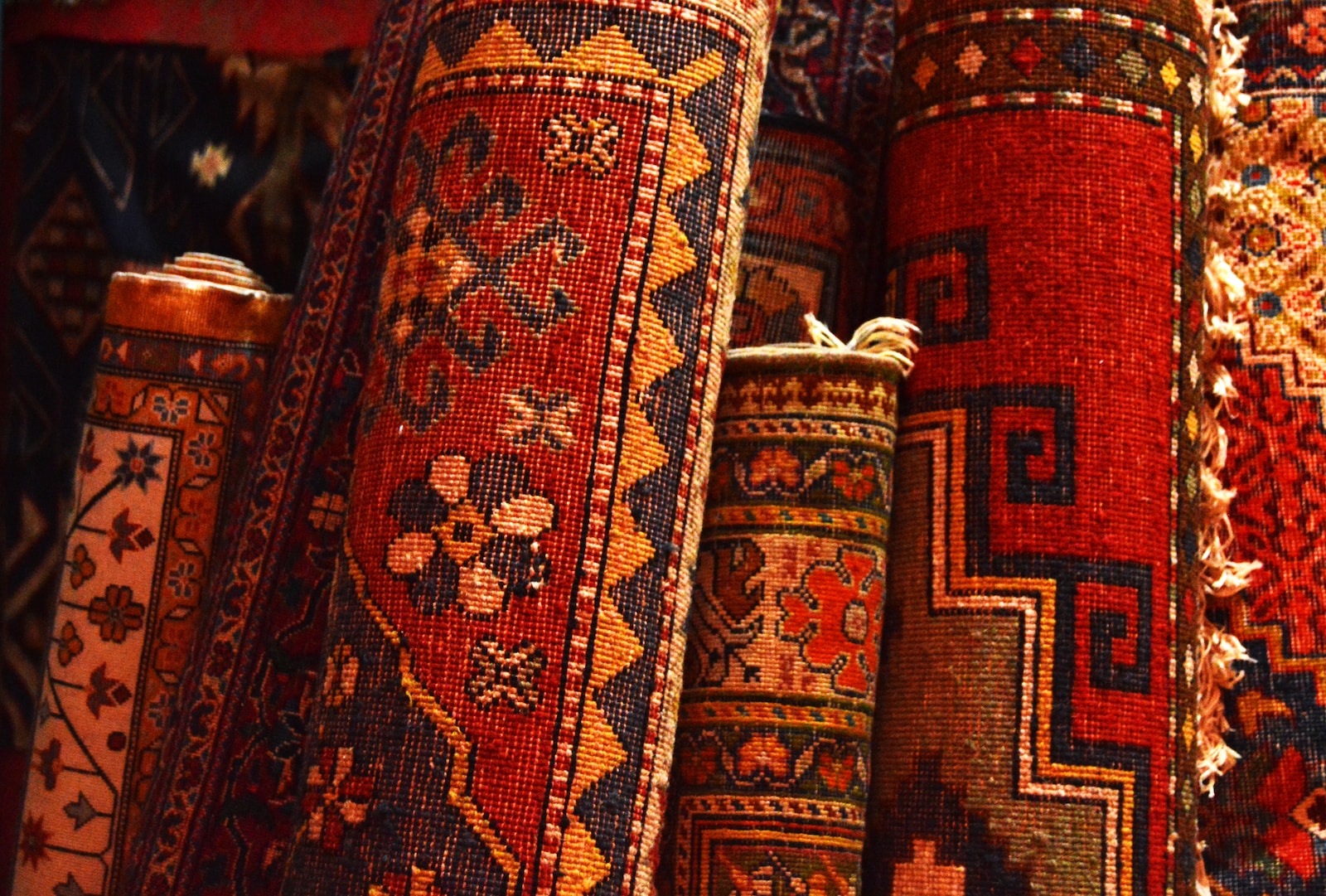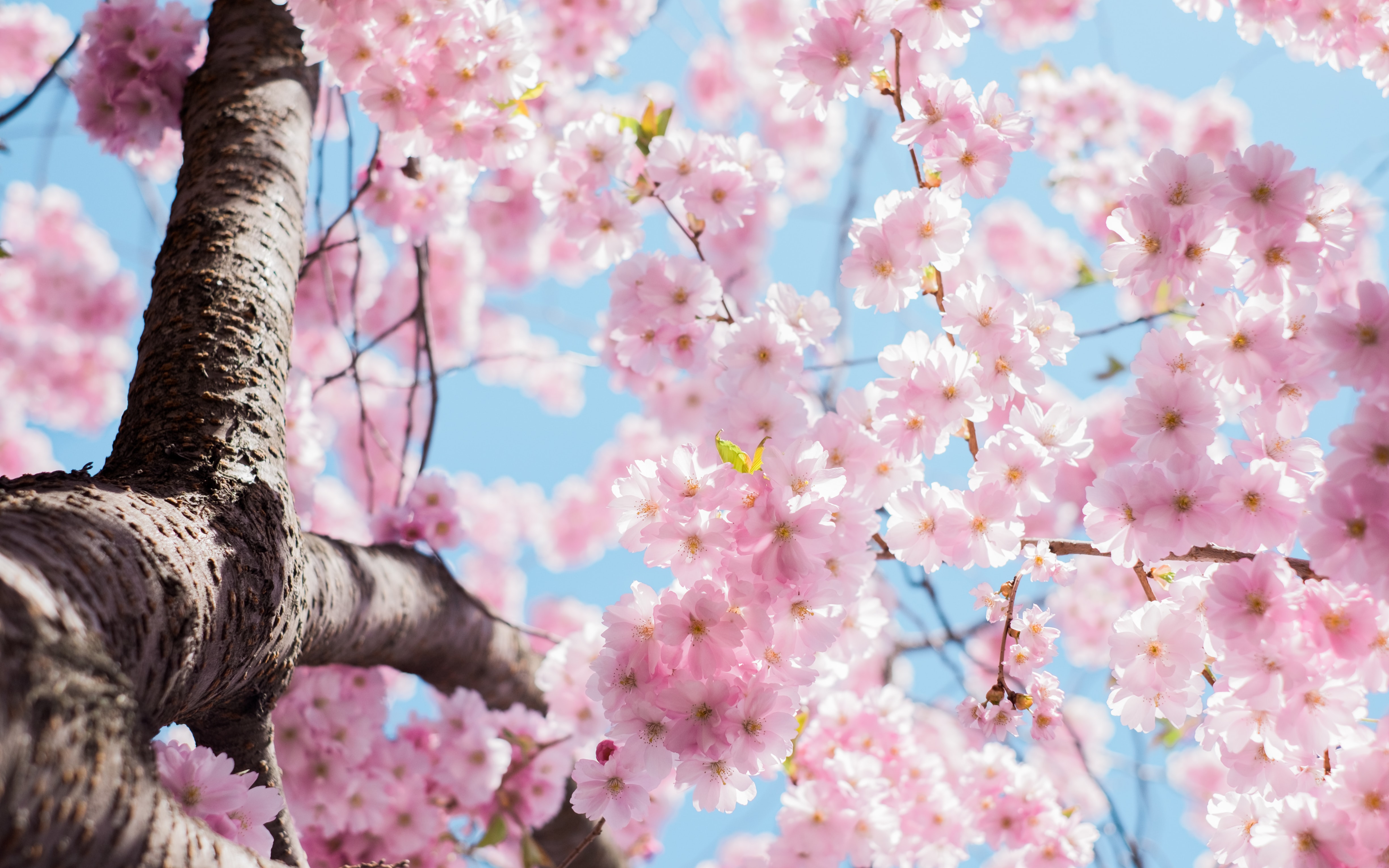Why and how to choose a color palette for a decoration
It is paramount that you choose the colors with which you identify yourself and that most demonstrate aspects of your personality.
The correct use of colors when decorating your home can transform each space, improve lighting, elevate mood, and even enlarge and reduce spaces.
The importance of the color palette within the decor is to create a space as pleasant and elegant as possible, so making mistakes when choosing colors can result in an unwanted effect on the design of your home.
Colors are widely used in interior design to seek and bring different sensations to users of a space.
A well-decorated house, considering the choice of colors and lighting, reflects the personality of the owner.

Color palette tips in decoration
Analogous color palette
The analogous colors are next to each other in the chromatic circle. They are those colors that have similar shades.
This proximity between the colors makes good choices to make when decorating the environment.
This palette will bring you lightness and will bring a feeling of harmony and comfort, using shades of colors present in nature.

Complementary color palette
Complementary colors are those that are located on the opposite side in a chromatic circle, thus being distinct shades.
Because it is a palette composed of contrasting colors, it is the ideal choice for laid-back and contemporary spaces.
Cold color palette
Cold colors are shades that, because they have low frequency, give the feeling of freshness, balance, and tranquility.
This palette is the best option for relaxing spaces such as bedrooms and resting rooms.
Green, blue and violet are the colors that are part of this palette.

Warm color palette
Warm colors are shades that have a high frequency. It is a palette of shades that are visually stimulating and give a sense of mood, warmth, and energy.
Colors that refer to sunny summer, such as yellow, orange and red are part of this palette.

Colors and lighting
An important point when choosing the color is the lighting of each environment, whether natural or artificial.
In cold environments, warm shades are the best option and give a feeling of warmth and comfort.
Similarly, you can decorate the warmest rooms or that receive more sunlight with colors of cold tones.
Color Tips
Blue
Blue can be used in any space without making the room tiring, but it must be combined with other shades more vivid not to bring a feeling of too calm and laziness.
It is a very popular color for formal environments and offices, besides being a great shade for rustic and maritime styles.
The darker blue refers to authority and power and creates a space that brings the feeling of serenity, confidence, and depth.
The lighter shades of blue are widely used in children’s bedrooms, as they calm the energy of the little ones.
It is a great color that brings peace to relaxation, meditation, and exercise spaces.
White
White is the color that matches any other. It is a color that represents purity, humility, peace and tranquility.
The white provides the decor with a feeling of cleanliness, lightness, and clarity.
It brings an illusion of amplitude in small and tight spaces.
But if used with exaggeration, white can create a feeling of coldness and sterility.
It is the perfect choice for any space mainly kitchen and bathrooms.
But always keep the environment clean, as the white evidence dust and dirt.

Yellow
Yellow is a light color that is closest to the white tint.
Because it is a warm color, yellow creates the feeling of warmth, enlightenment, can lift the mood and is associated with spirituality and optimism.
The color is ideal for eating environments such as the kitchen and dining room, as it stimulates appetite.
Yellow spaces are warmer, so they are great options for cold places and in low light.
The yellow color brings focus, concentration and is still a physical and mental stimulant.
For this reason yellow is widely used in workplaces and study.

Gray
Gray is widely used in decoration, mainly for industrial, modern styles and using burnt concrete.
Despite being considered a neutral color, gray is a color that draws attention in the environment.
Gray easily harmonizes with any other shade, creating elegant, sophisticated, modern and balanced environments.

Black
Black is a color that absorbs light and light rays.
It can bring a sense of seriousness, magnificence, and formality to the environment.
Match with other colors, to bring a cheerful feel to space.

Green
Darker shades of green mean stability, healing, and success.
Green is a shade composed of blue and yellow, for this reason, it has aspects of the two colors.
Popularly, green has some meanings such as balance, nature, healing, hope, and health
The color that represents nature, green refers to life and growth.
In this way, green makes us feel relaxed and renewed.
Green creates a more modern atmosphere and brings an urban look to its decor when combined with white or black.
The lighter the shade of green you use, the younger your room will look.
If you are planning an infant or baby bedroom, or just prefer lighter colors, use lime green, apple green or mint.
Using shades such as moss green or olive green, can provide a lot of elegance to the environment.
To not get monotonous, you can add to the composition warm colors such as: red, yellow, pink or orange.

Red
The shades of red applied without exaggeration in the decoration can be great color choices.
Red is an energetic and vibrant color, is considered the color of passion, power, vigor and joy and can also represent sexuality and seduction.
Reddish tones are great options for dining and living rooms.
In small doses, the shades of red bring to the environments an air of glamour and elegance.
When this color is used with style and balance, it provides a very positive effect on your decor.

Colors are key parts in planning any type of decoration.
Choose your color with palettes that convey what you want to pass in every room in the house.





